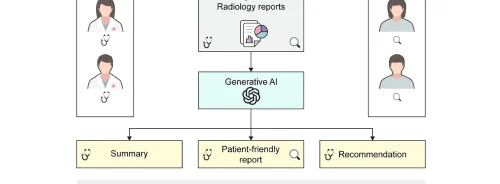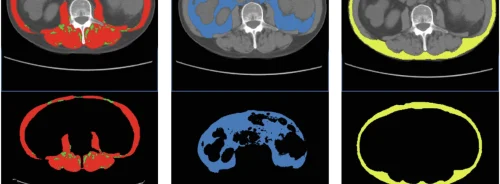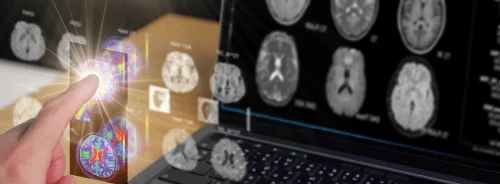The study, published in JAMA, surveyed 1,858 women ages 40 to 76 years from 2019 to 2020 who had undergone mammography, but had no history of breast cancer and who were not aware of breast density. When women were asked to compare the risk of breast density to other common breast cancer risk factors they did not perceive breast density to be a significant risk.
The team interviewed 61 participants who were notified of their breast density and asked them what they believed could reduce their risk. Approximately one-third of women believed there was nothing they could do to reduce their risk, despite there being several options including maintaining a healthy, active lifestyle and minimising alcohol consumption.
In the U.S. thirty-eight states currently mandate that women receive written notification about their breast density and breast cancer risk, but studies show that this kind of information is perceived confusing to women.
Dr. Ruth Oratz, a breast oncologist at NYU Langone’s Perlmutter Cancer Center who was not involved in the study, said, “I think what we’ve learned from this study is that we have to do a better job of educating not only the general public of women, but the general public of health care providers who are doing the primary care, who are ordering those screening mammograms”.
As women with dense breast tissue are considered to have higher than average risk of cancer, it is recommended that they benefit from supplemental screening such as breast MRI to detect cancers that are missed on mammograms.
It is recommended that screening organisations and radiologists share this information with women, so that they are appropriately informed about their individual breast density to support them with making well-balanced choices.
To add, Oratz states, “screening is not a one size fits all recommendation. We cannot just make one general recommendation to the entire population because individual women have different levels of risks of developing breast cancer”.
In additiontoappropriate screening, it is important that women are informed about their breast density and the risk factors, as well as the benefits and risks of MRI-based screening, so they can advocate for themselves and share the decision-making.
Source: CNN
Image Source: iStock










